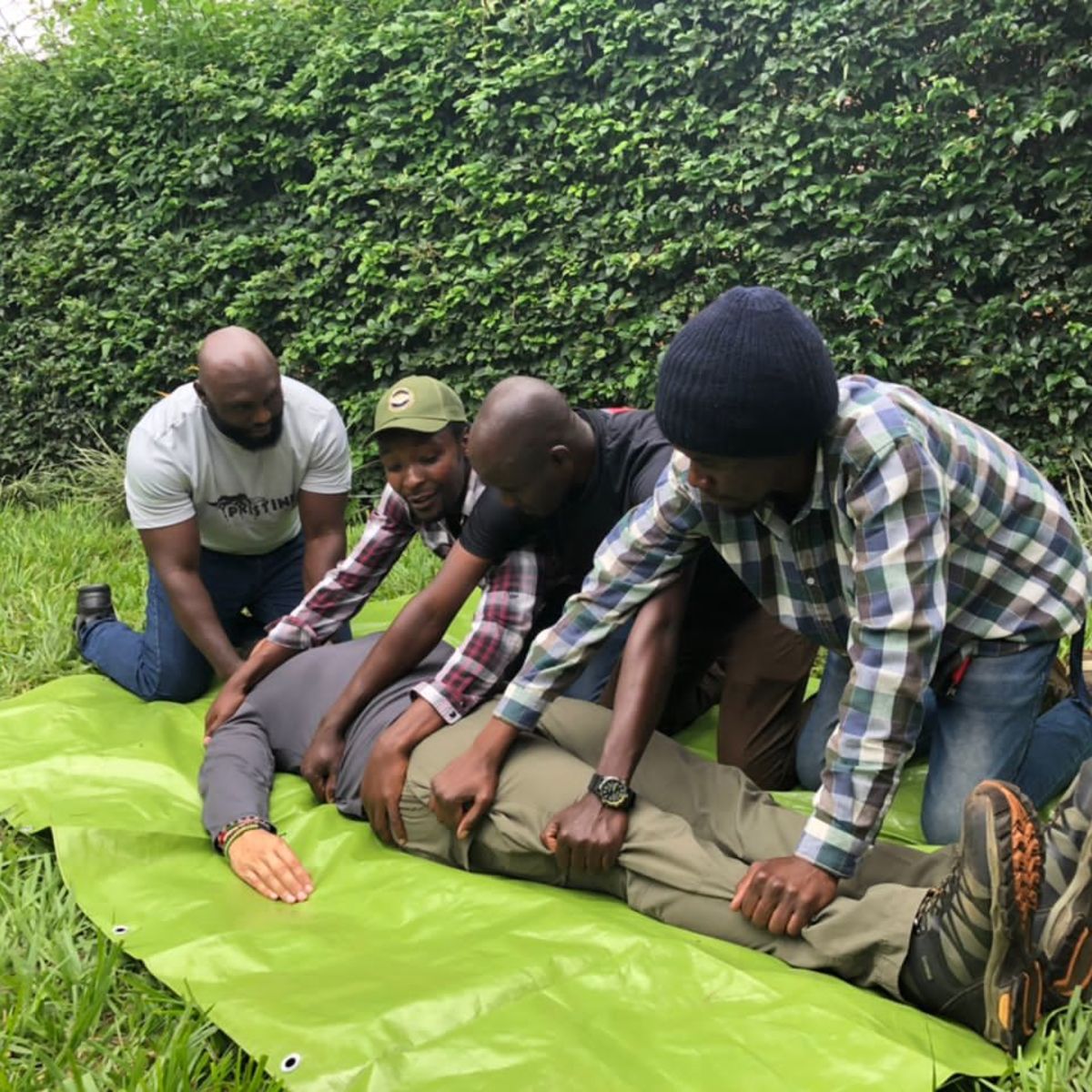
Safety on Kilimanjaro – see our crew train as wilderness first responders
Three of our Kilimanjaro mountain crew recently took part in an intensive wilderness first responder (WFR) training programme. For two of the guys, it was a refresher course, and for one it was a first training. Learn more and see them in action!
What is a wilderness first responder?
Who from Follow Alice attended the training?
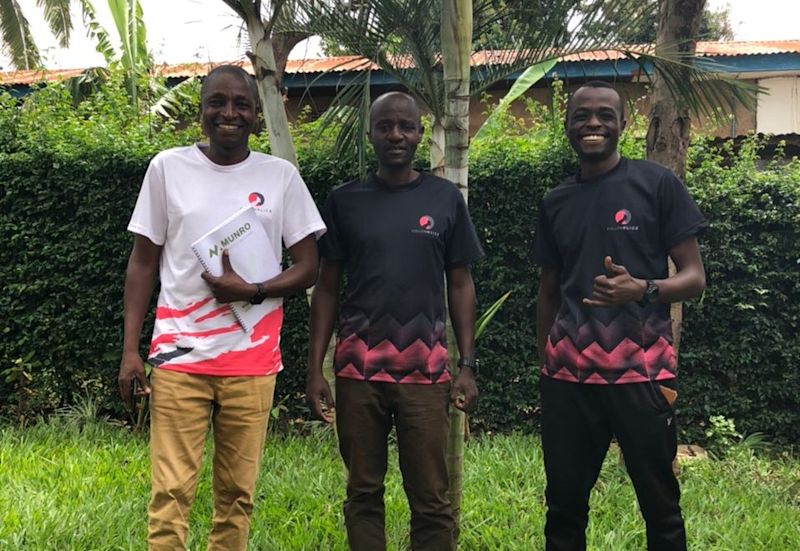
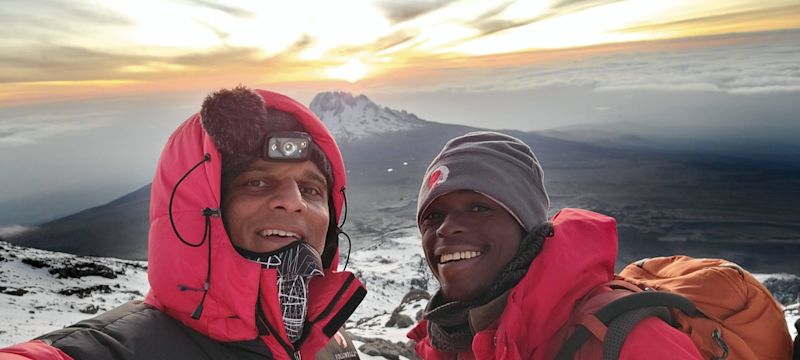
What does the training involve?
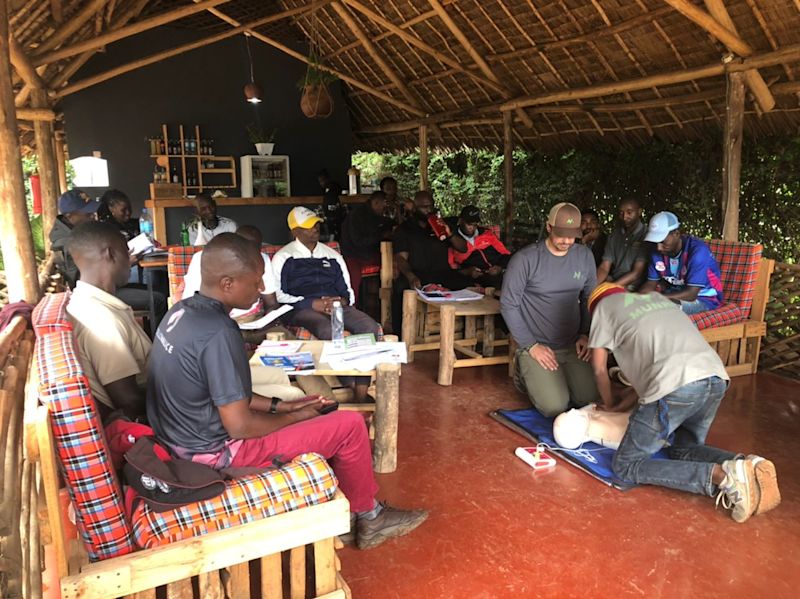
... a 16-part course that teaches how to care for patients in remote locations or challenging weather, with questionable communication and support, improvised equipment, and limited time for decisions.
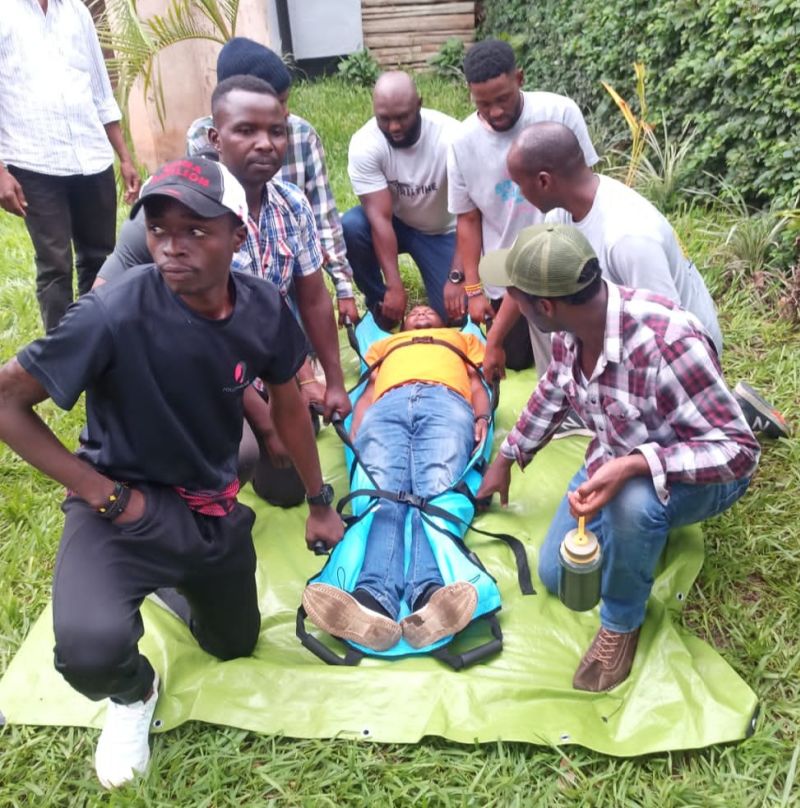
The Follow Alice crew with certificates
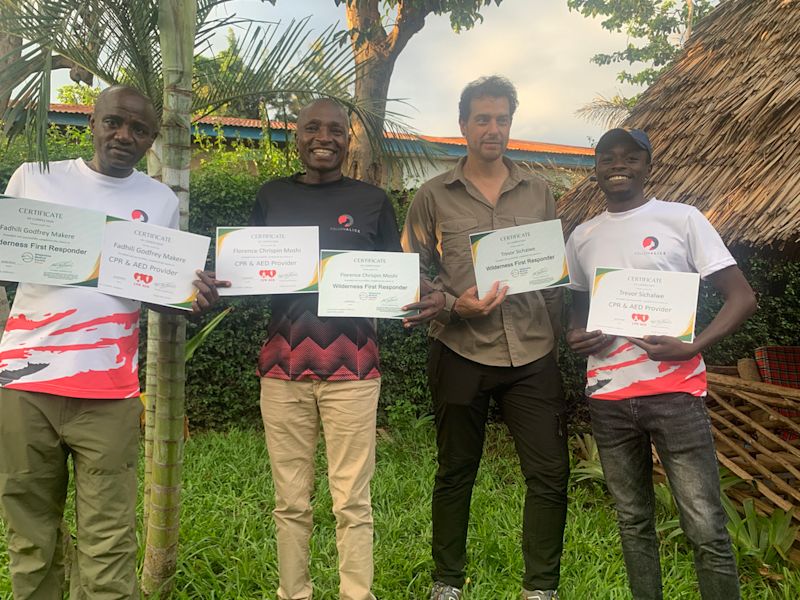
Safety is everything on Kilimanjaro
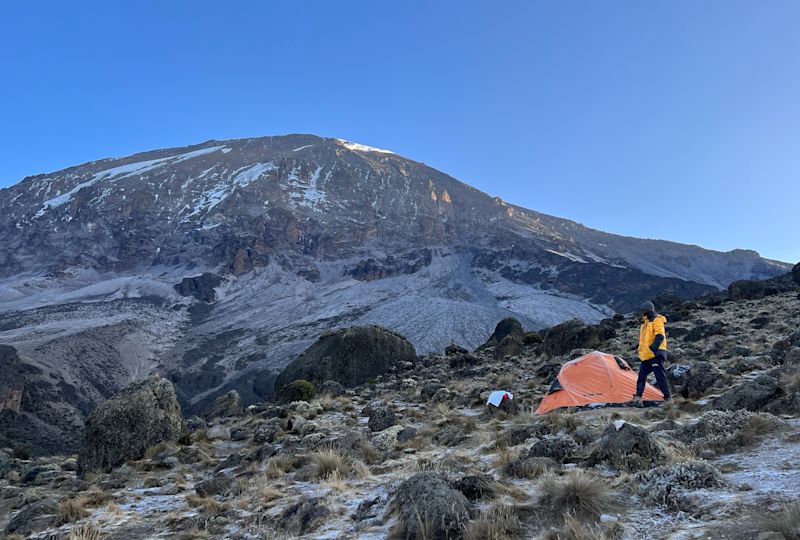
There would be a youtube video here.
Sadly, the youtube player requires cookies to work.